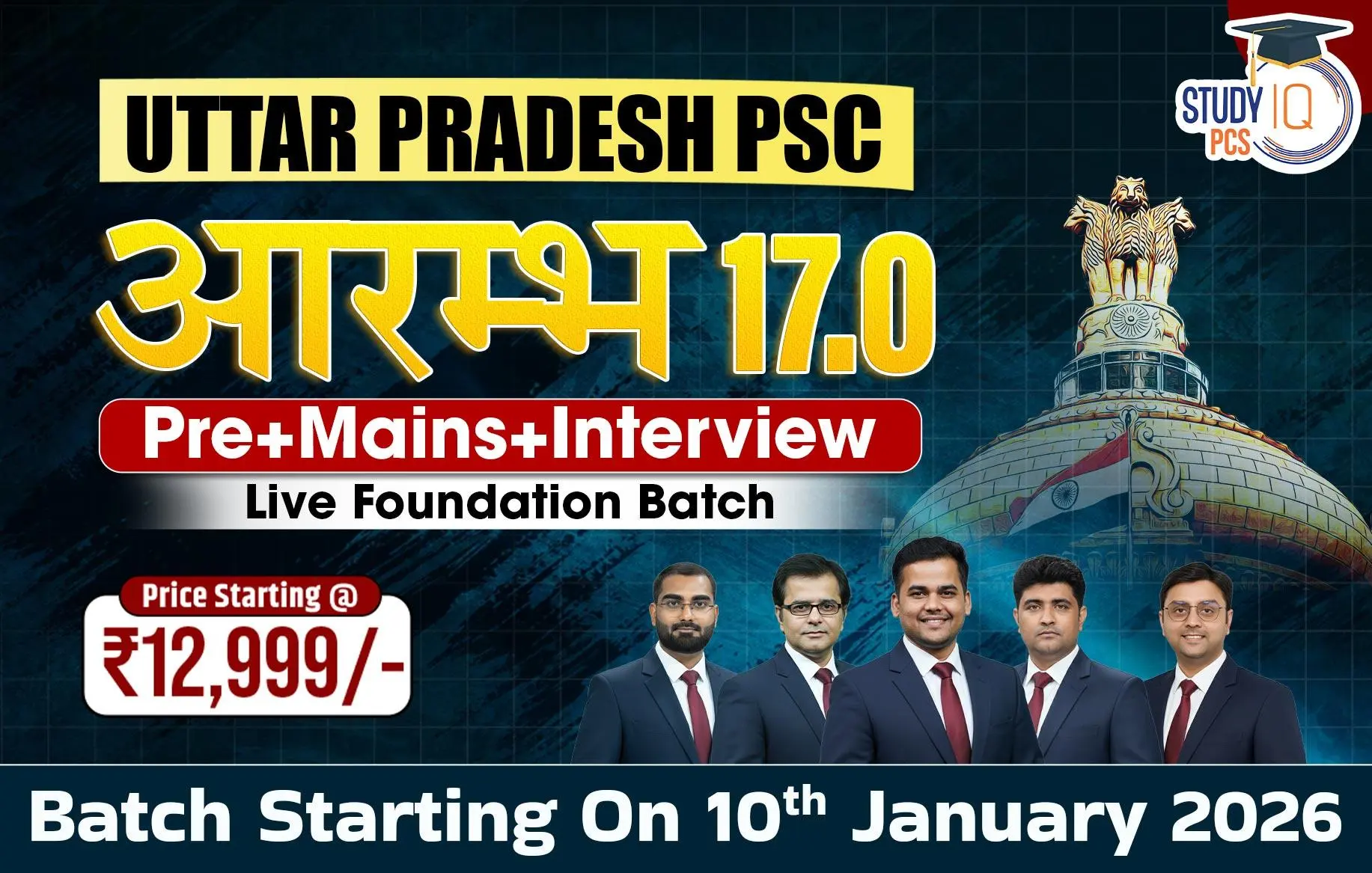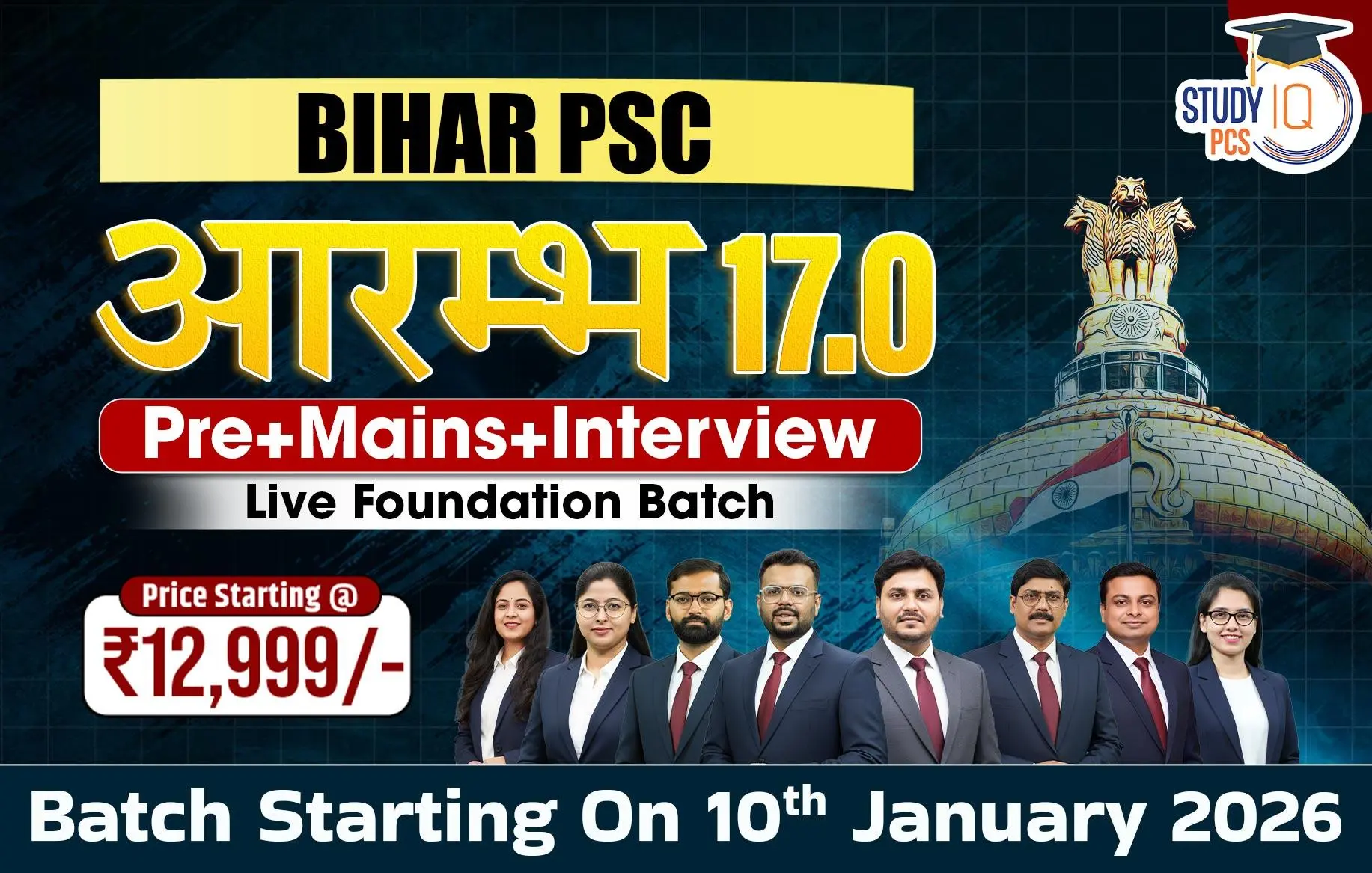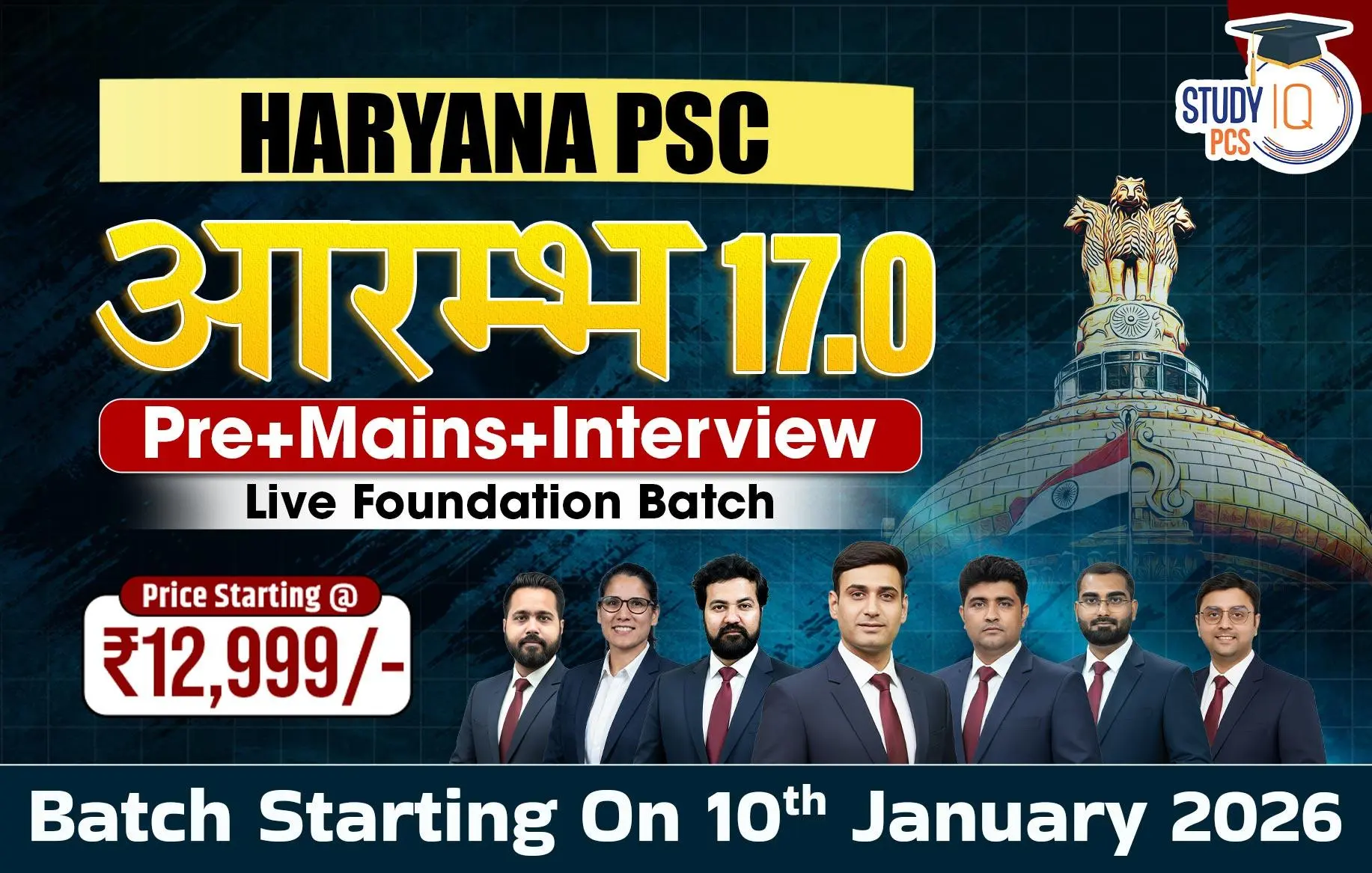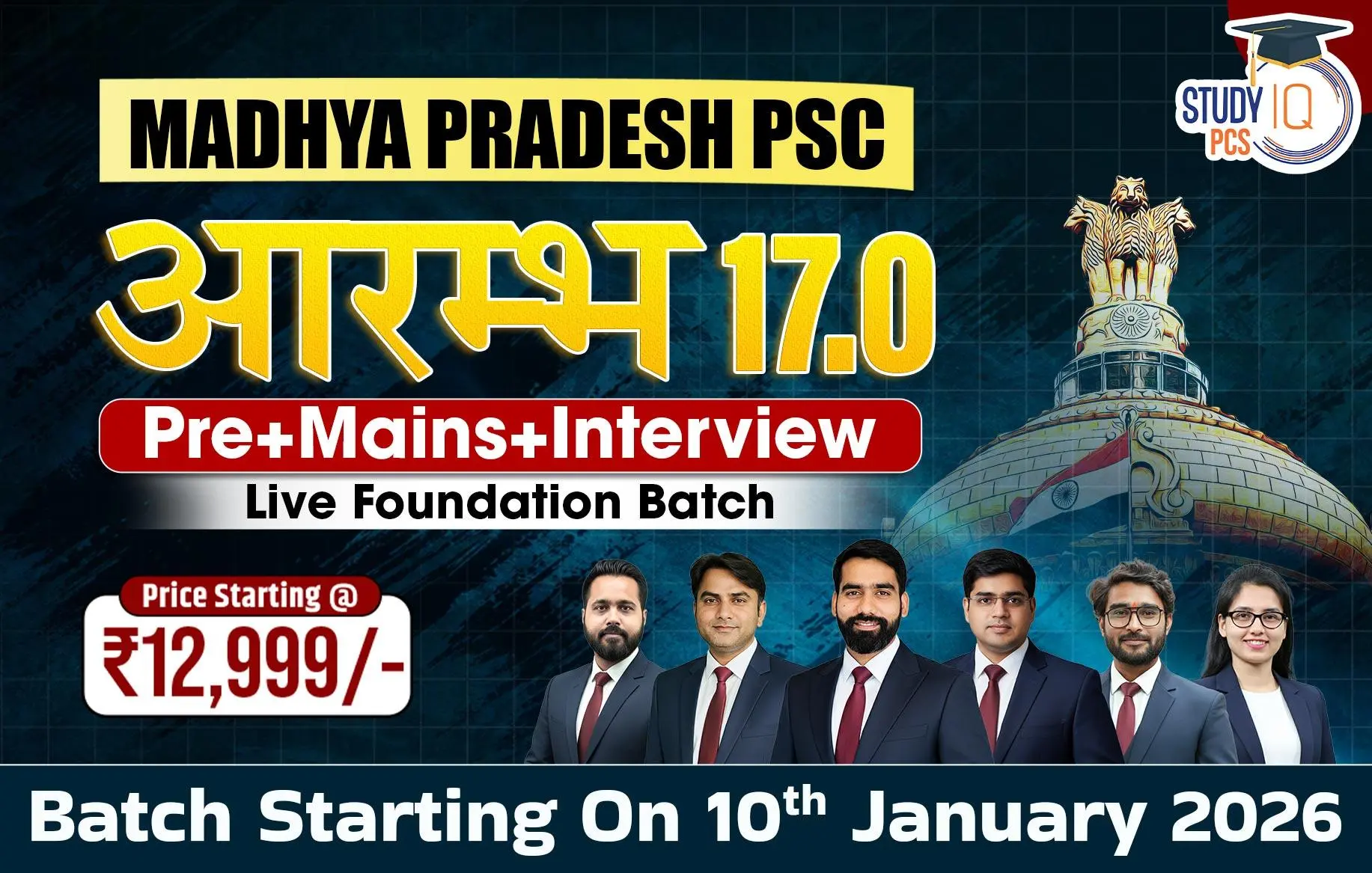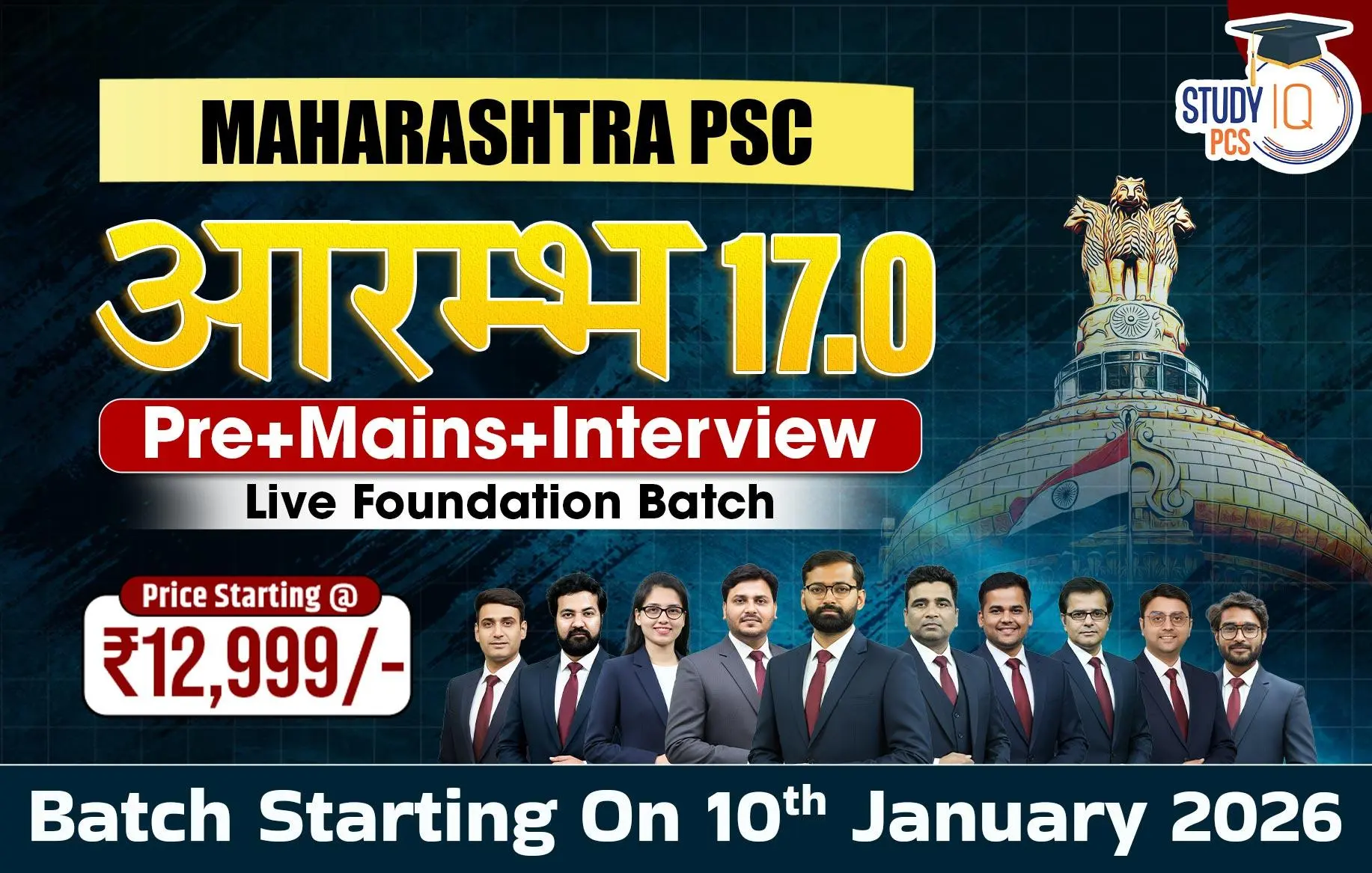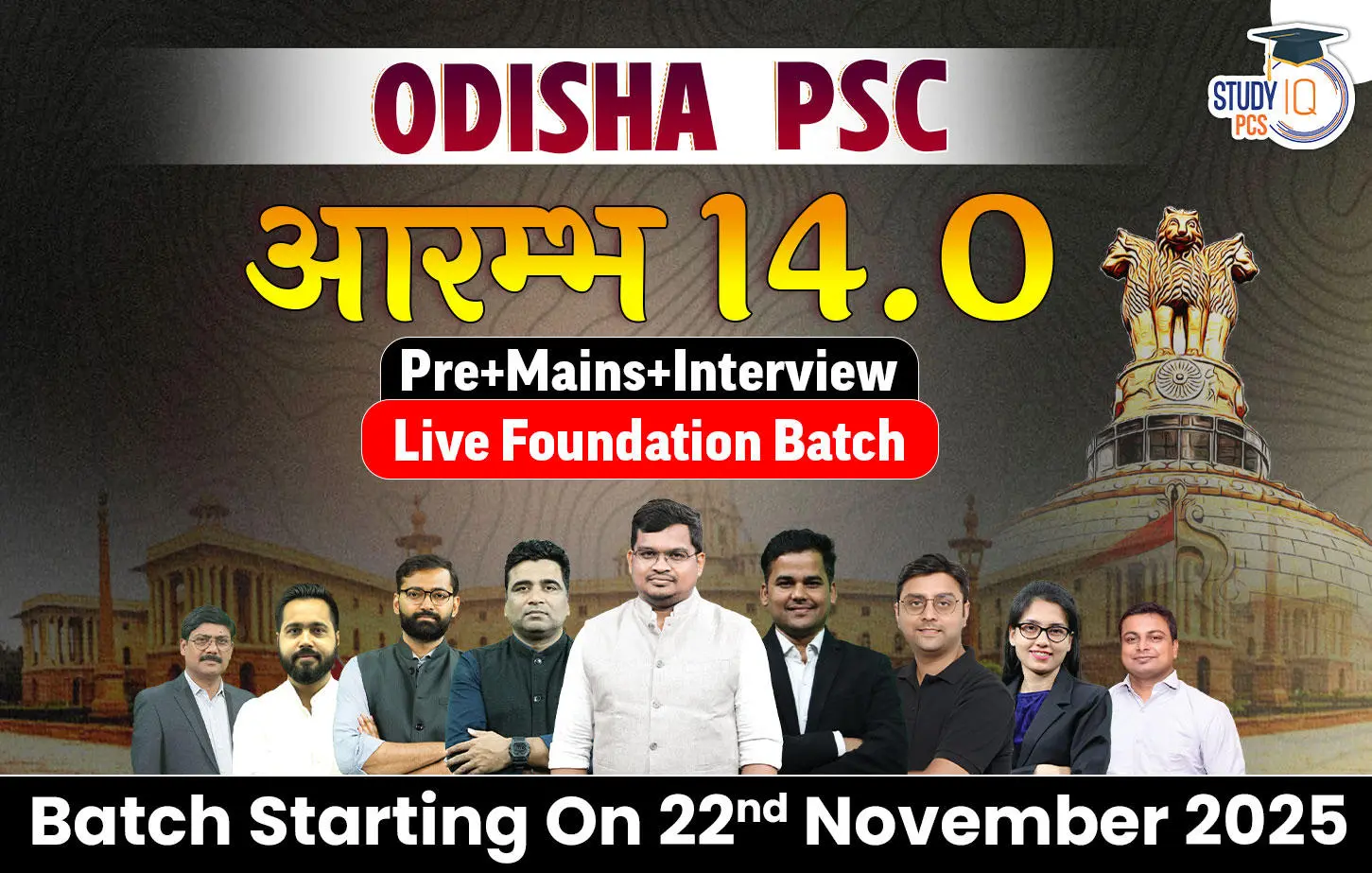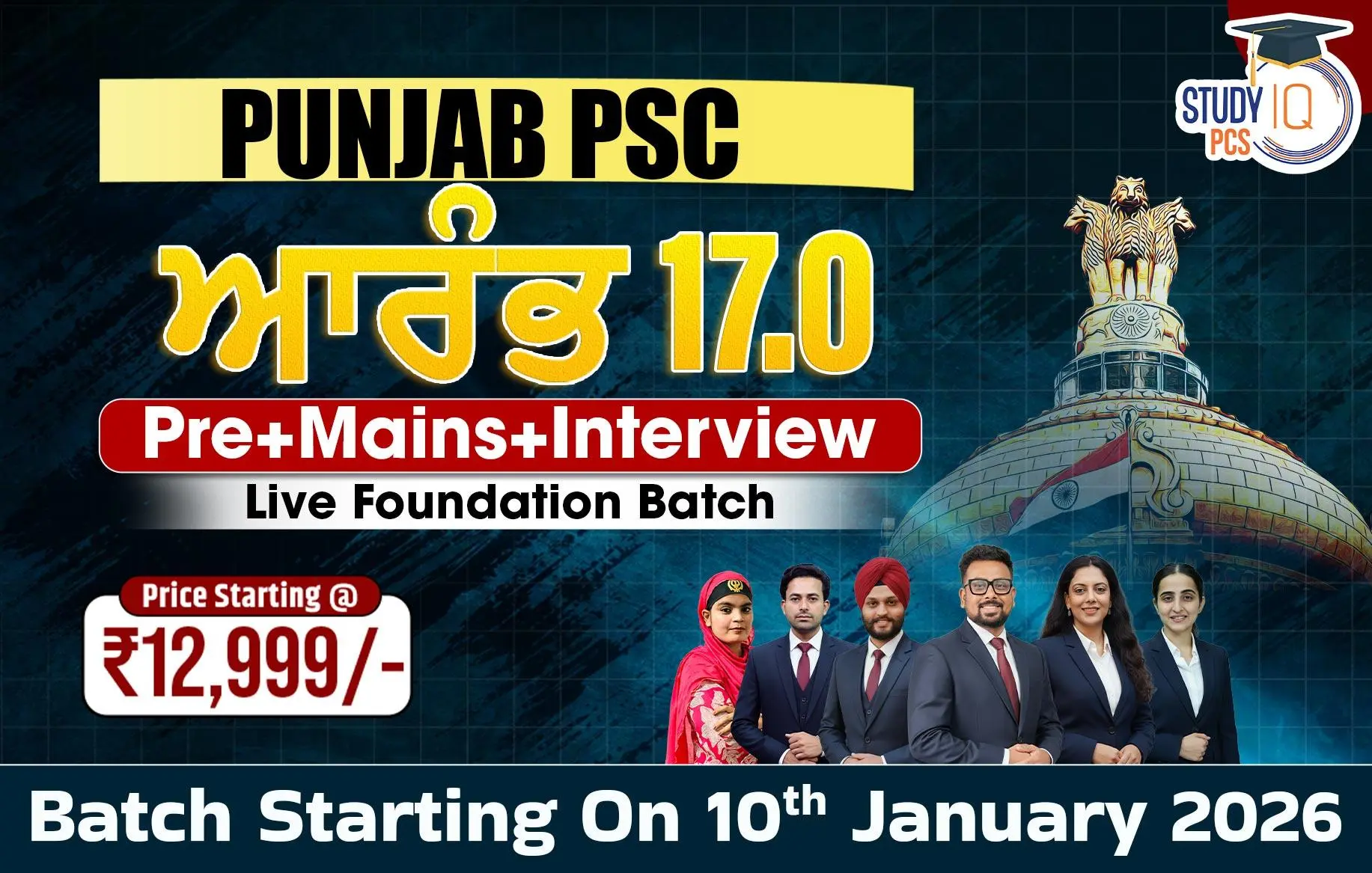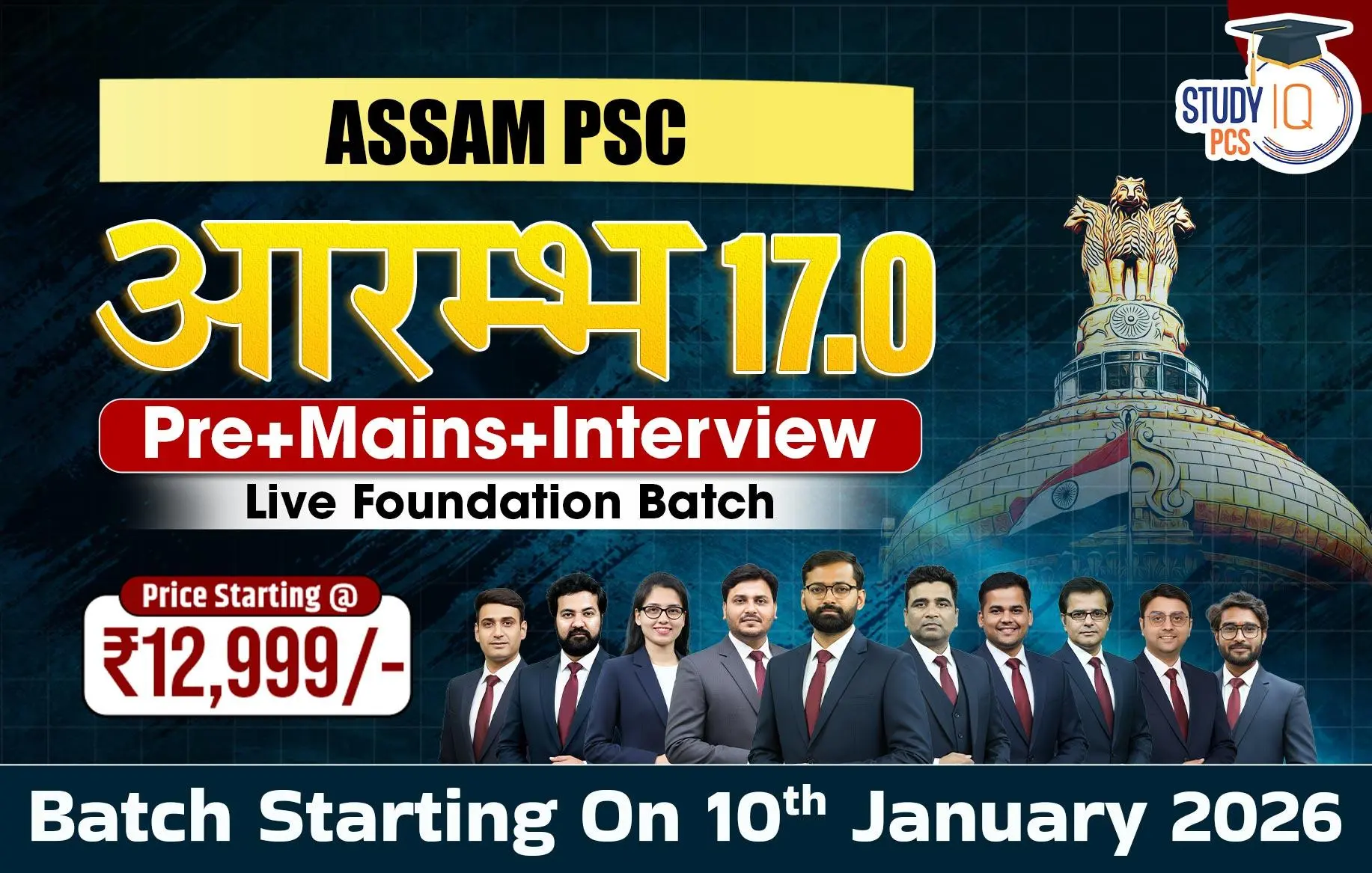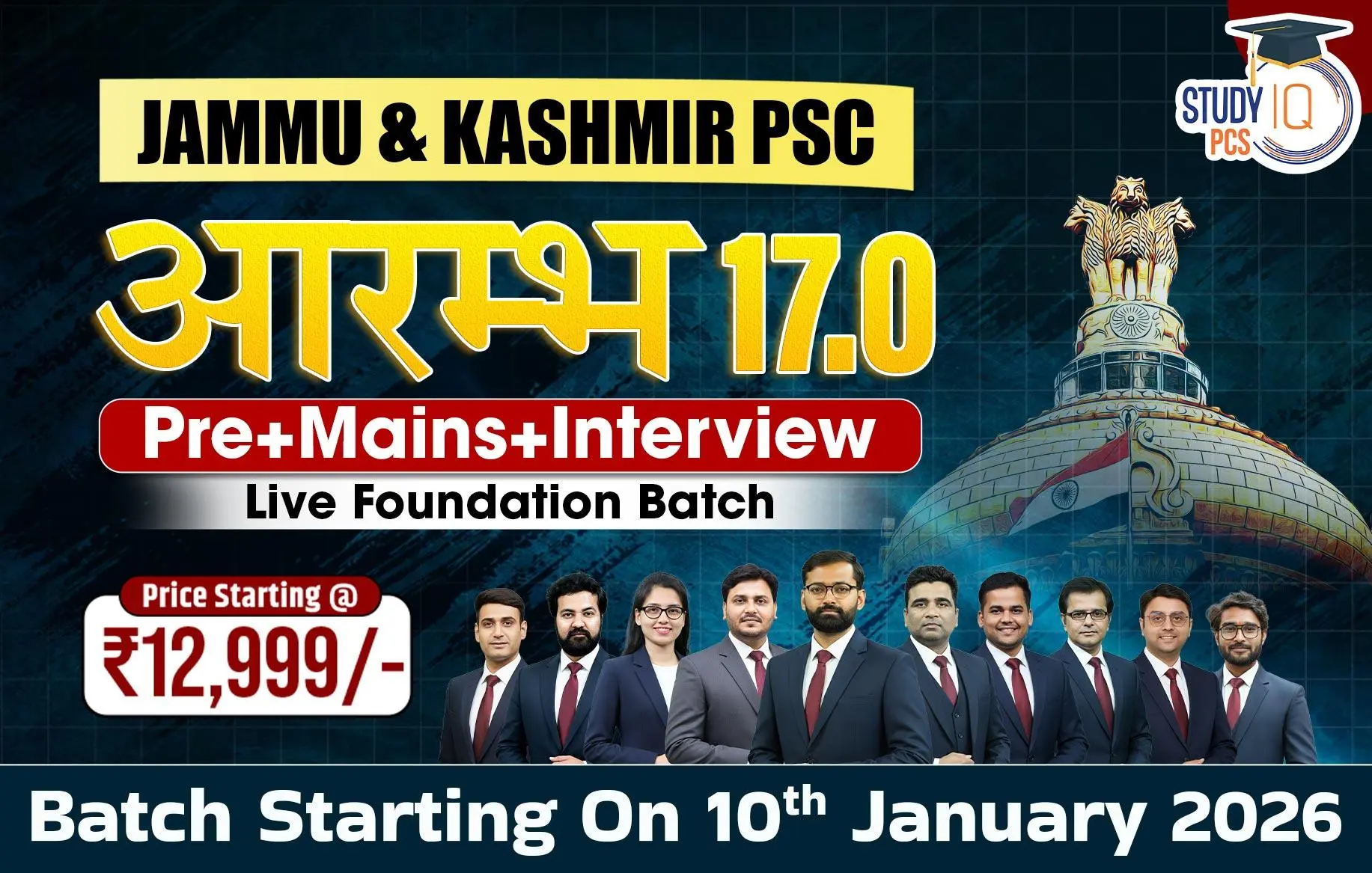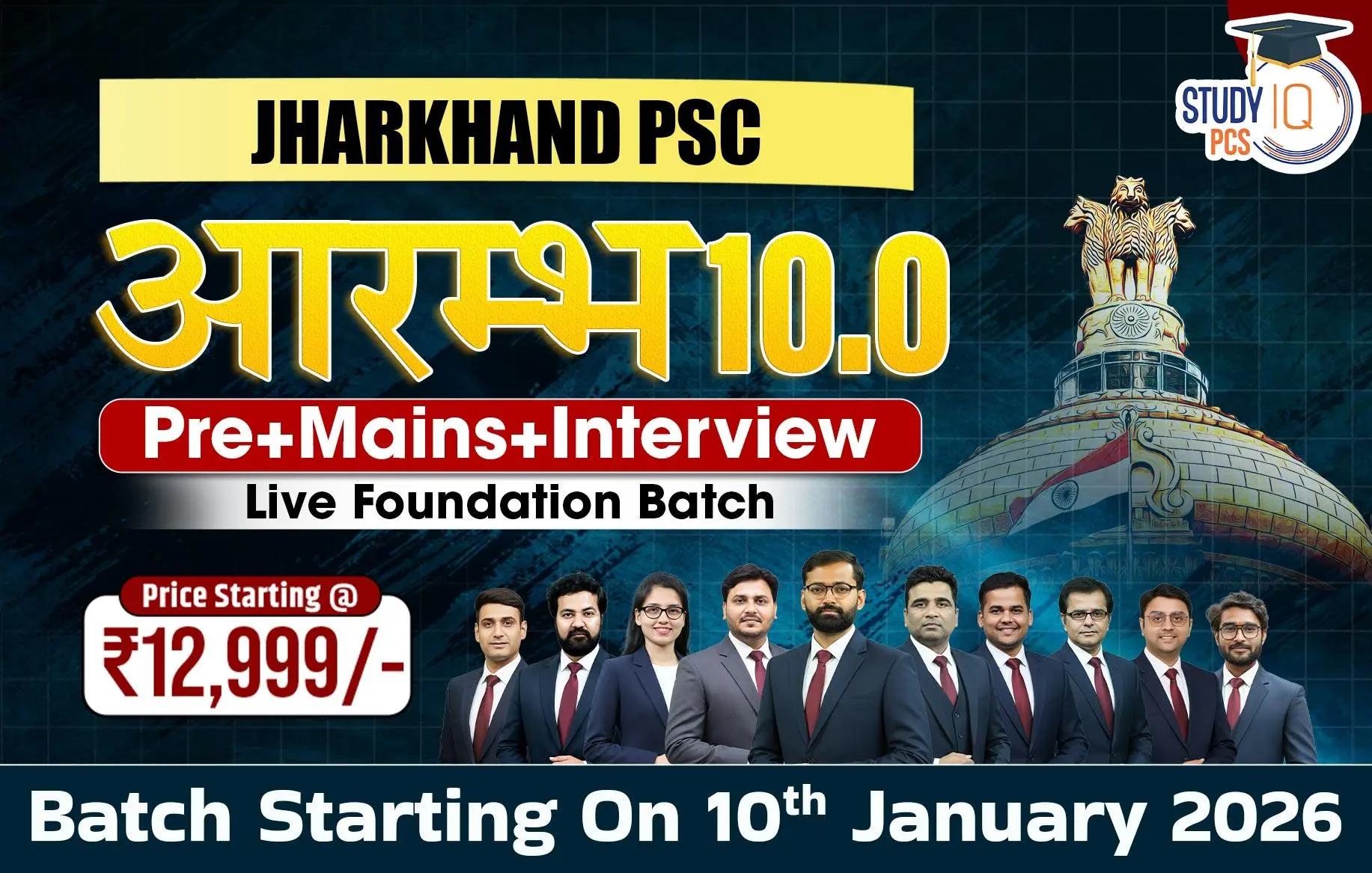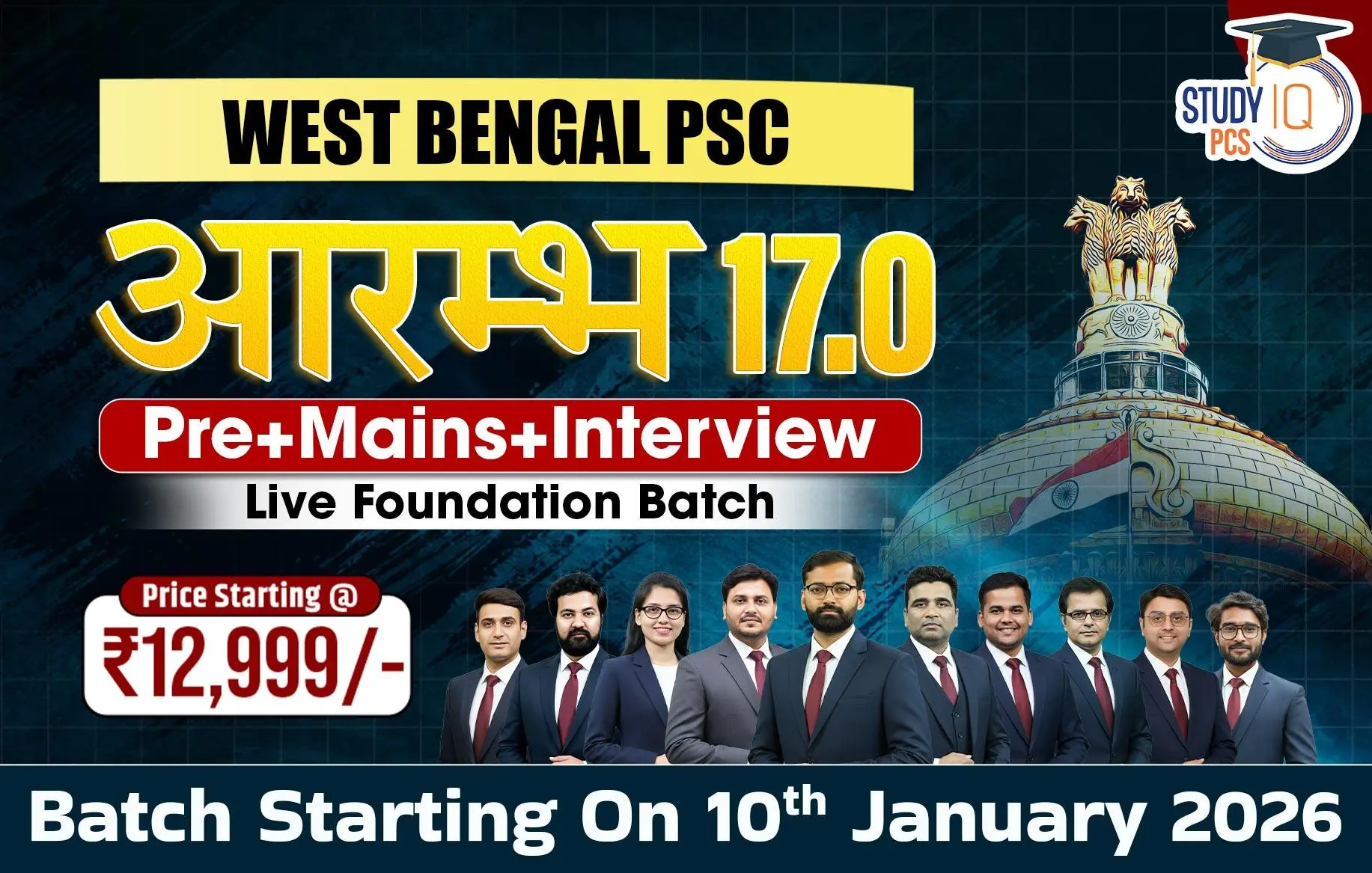Table of Contents
The Tamil Nadu Public Service Commission (TNPSC) has officially announced the TNPSC Group 4 Syllabus 2025 and Exam Pattern for the upcoming exam on 12th July 2025. This detailed article gives full insights into the TNPSC Group 4 Exam Pattern, subject-wise syllabus, and a direct PDF download link in Tamil. All candidates appearing for posts such as Village Administrative Officer (VAO), Junior Assistant, Typist, Steno-Typist, and similar posts need to consult this guide to organize their preparation and increase their chances of success.
TNPSC Group 4 Syllabus 2025
The TNPSC Group 4 examination is a 300-mark test, with questions drawn from General Studies, Tamil, and Mental Ability. Different posts under this exam include Village Administrative Officer, Typist, Steno-Typist, Junior Assistant, and others. Candidates aiming for these positions need to be well-prepared with the TNPSC Group 4 Syllabus 2025 and Exam Pattern to excel in their examinations.
| Particulars | Details |
|---|---|
| Exam Name | TNPSC Group 4 |
| Conducting Authority | Tamil Nadu Public Service Commission |
| Exam Date | 12th July 2025 |
| Exam Mode | Offline (OMR Based) |
| Duration | 3 Hours (9:30 AM – 12:30 PM) |
| Total Marks | 300 |
| Total Questions | 200 |
| Minimum Qualifying Marks | 90 |
| Negative Marking | No |
| Selection Process | Written Exam + Document Verification |
| Official Website | www.tnpsc.gov.in |
Also, Check TNPSC Group 4 Salary
TNPSC Group 4 Exam Pattern 2025
The TNPSC Group 4 Exam is an offline mode examination. The aspirants have to answer 300 marks of multiple-choice questions. The detailed TNPSC Group 4 syllabus 2025 of the exam has been discussed elaborately:
- General Studies
- General English/General Tamil
- General Mental Ability and Aptitude test.
| Exam Type | Subjects | No. of Questions | Marks | Duration | Minimum Qualifying Marks |
| Objective | Tamil Eligibility-cum-Scoring Test* (SSLC Standard) | 100 | 150 | 3 Hours | 90 (For all communities) |
| General Studies (SSLC Standard) | 75 | 150 | |||
| Aptitude & Mental Ability Test (SSLC Standard) | 25 | ||||
| Total | 200 | 300 | |||
The question will be asked from 7 different units to the aspirants in the General Studies section of the TNPSC Group 4 exam. Candidates must go through the following article to learn more about the syllabus.
TNPSC Group 4 Subject-wise Syllabus 2025
TNPSC General English, General Studies & Aptitude – Detailed Syllabus Table
| Subject | Topic | Subtopics/Details |
|---|---|---|
| General English | Part A: Grammar | Match words with meanings, Synonyms, Antonyms, Prefix & Suffix, Articles, Prepositions, Question Tags, Tenses, Voice, Infinitive/Gerund/Participle, Sentence Patterns, Homophones, Error Spotting, Correct Sentences, Odd Words, Plural Forms, Sentence Types (Simple/Compound/Complex), Degrees of Comparison, Word Blending, Compound Words, British vs American English |
| Part B: Poetry | Figures of Speech (Alliteration, Simile, Metaphor, Personification, etc.), Poetry Appreciation, Important Lines | |
| Poems | Life, I am Every Woman, The Secret of the Machines, The Ant and The Cricket, No Men are Foreign, The House on Elm Street, Stopping by Woods on a Snowy Evening, A Poison Tree, On Killing a Tree, The Spider and the Fly, The River, The Comet, The Stick-together Families, Special Hero, Making Life Worth While, A Thing of Beauty, Lessons in Life, My Computer Needs a Break, Your Space, Sea Fever, Courage, Team Work, From a Railway Carriage, Indian Seasons, A Tragic Story | |
| Part C: Literary Works | Prose, Biographies, General Comprehension | |
| Prose | His First Flight, The Tempest, The Last Lesson, The Little Hero of Holland, The Dying Detective, Learning the Game, The Cat and the Painkiller, Water – The Elixir of Life, The Story of a Grizzly Cub, Sir Isaac Newton, My Reminiscence, The Woman on Platform 8, The Nose Jewel, A Birthday Letter | |
| Biographies | Mahatma Gandhi, Jawaharlal Nehru, Subash Chandra Bose, Helen Keller, Kalpana Chawla, Dr. Salim Ali, Rani of Jhansi, Nelson Mandela, Abraham Lincoln | |
| General Science | Physics, Chemistry, Biology, Environmental Science | Universe, Measurement, Motion, Force, Heat, Light, Sound, Electricity, Magnetism, Nuclear Physics, Acids, Bases, Compounds, Petroleum, Fertilizers, Metallurgy, Adulterants, Life Science, Evolution, Genetics, Health, Diseases |
| Current Events | National & International | Diary of events, Symbols, Personalities, Sports, Books, Govt. Schemes, Political system, Inventions, Landmarks, Socio-economic issues |
| Geography | India & Tamil Nadu | Location, Climate, Monsoon, Soil, Forest, Rivers, Resources, Population, Transport, Disaster Management, Environment, Climate Change |
| History & Culture of India | Ancient to Modern | Indus Valley, Guptas, Mughals, Delhi Sultans, South Indian kingdoms, Indian culture, Unity in Diversity, Secularism |
| Indian Polity | Constitution, Governance | Preamble, Features, Union/State/Territory, Rights & Duties, Legislature, Judiciary, Panchayati Raj, Elections, Anti-corruption, RTI, Women Empowerment, Consumer Rights, Human Rights |
| Indian Economy | Planning, Finance, Growth | Five-Year Plans, NITI Aayog, RBI, GST, Finance Commission, Union-State resource sharing, Agriculture, Industrial Growth, Welfare, Employment, Poverty |
| Indian National Movement | Freedom Struggle | Renaissance, Congress, Leaders (Ambedkar, Bhagat Singh, Gandhi, Nehru, etc.), Tamil Nadu movements, Modes of agitation |
| Tamil Nadu History & Culture | Language, Literature, Reform | Sangam Literature, Archaeology, Thirukkural (themes, values), Freedom role, Women in struggle, Reformers, Movements |
| Development Admin in TN | Welfare, Infrastructure | Social justice, Education, Health, Economy, Resources, Administration |
| Aptitude & Mental Ability | Quantitative & Logical | Simplification, Percentage, HCF, LCM, Ratio, Interest, Area, Volume, Time, Reasoning, Puzzles, Dice, Series, Alphanumeric reasoning |
General English
Part A: Grammar
- Match the following words and phrases given in Column A with their meanings in Column B.
- Choose the correct ‘Synonym’ for the underlined word from the options given.
- Choose the correct ‘Antonym’ for the underlined word from the options given.
- Select the correct word (Prefix, Suffix).
- Fill in the blanks with a suitable Article.
- Fill in the blanks with a suitable Preposition.
- Select the correct Question Tag.
- Select the correct Tense.
- Select the correct Voice.
- Fill in the blanks (Infinitive, Gerund, Participle).
- Identify the sentence pattern of the following sentence (Subject, Verb, Object…).
- Fill in the blanks with the correct Homophones.
- Find out the Errors (Articles, Prepositions, Nouns, Verbs, Adjectives, adverbs).
- Select the correct sentence.
- Find out the odd words (Verb, Noun, Adjective, Adverb)
- Select the correct Plural forms.
- Identify the sentence (Simple, Compound, Complex Sentence).
- Identify the correct Degree.
- Form a new word by blending the words.
- Form compound words (eg.: Noun+Verb, Gerund+Noun).
- British English – American English.
Part B: Poetry
- Figures of Speech (Alliteration – Simile – Metaphor – Personification – Onomatopoeia – Anaphora – Rhyme Scheme – Rhyming Words – Repetition, etc.)
- Poetry Appreciation
- Important Lines
List of Poems
- Life – Henry Van Dyke
- I am Every Woman – Rakhi Nariani Shirke
- The Secret of the Machines – Rudyard Kipling
- The Ant and The Cricket – Adapted from Aesop’s fables
- No Men are Foreign – James Falconer Kirkup
- The House on Elm Street – Nadia Bush
- Stopping by Woods on a Snowy Evening – Robert Frost
- A Poison Tree – William Blake
- On Killing a Tree – Gieve Patel
- The Spider and the Fly – Mary Botham Howitt
- The River – Caroline Ann Bowles
- The Comet – Norman Littleford
- The Stick-together Families – Edgar Albert Guest
- Special Hero – Christina M. Kerschen
- Making Life Worth While – George Elliot
- A Thing of Beauty – John Keats
- Lessons in Life – Brigette Bryant & Daniel Ho
- My Computer Needs a Break – Shanthini Govindan
- Your Space – David Bates
- Sea Fever – John Masefield
- Courage – Edgar Albert Guest
- Team Work – Edgar Albert Guest
- From a Railway Carriage – Robert Louis Stevenson
- Indian Seasons – Nisha Dyrene
- A Tragic Story – William Makepeace Thackeray
Part C: Literary Works
I. LIST OF PROSE
- His First Flight – Liam O’Flaherty
- The Tempest – Tales From Shakespeare
- The Last Lesson – Alphonse Daudet
- The Little Hero of Holland – Mary Mapes Dodge
- The Dying Detective – Arthur Conan Doyle
- Learning the Game (Book Extract) – Sachin Tendulkar
- The Cat and the Painkiller (An Extract from The Adventures of Tom Sawyer) – Mark Twain
- Water – The Elixir of Life – Sir C.V.Raman
- The Story of a Grizzly Cub – William Temple Hornaday
- Sir Isaac Newton – Nathaniel Hawthorne
- My Reminiscence – Rabindranath Tagore
- The Woman on Platform 8 – Ruskin Bond
- The Nose Jewel – C.Rajagopalachari
- 14. A Birthday Letter – Jawaharlal Nehru
II. Biographies Mahatma Gandhi – Jawaharlal Nehru – Subash Chandra Bose – Helen Keller – Kalpana Chawala – Dr.Salim Ali – Rani of Jhansi – Nelson Mandela – Abraham Lincoln
III. General Comprehension
General Science
- Nature of Universe – Measurement of Physical Quantities – General Scientific Laws in Motion – Force, Pressure and Energy – Everyday application of the basic principles of Mechanics, Electricity, Magnetism, Light, Sound, Heat and Nuclear Physics in our daily life.
- Elements and Compounds, Acids, Bases, Salts, Petroleum Products, Fertilizers, Pesticides, Metallurgy and Food Adulterants.
- Main concepts of Life Science, Classification of living organisms, Evolution, Genetics, Physiology, Nutrition, Health and Hygiene, Human diseases.
- Environmental Science.
Current Events
- Latest diary of events – National symbols – Profile of states –Eminent personalities and places in news – Sports – Books and Authors.
- Welfare Scheme of Government – Political parties and Political system in Tamil Nadu and India.
- Latest inventions in Science and Technology – Geographical Land Marks – Current Socio – Economic issues.
Geography
- Earth Location – Physical Features – Monsoon, rainfall, weather and climate– Water resources–Rivers –Soil, Minerals and Natural resources– Forest and Wildlife Agriculture pattern
- Transport Communication.
- Population density and distribution in Tamil Nadu and India
- Calamities – Disaster Management – Environment – Climate change.
History and Culture of India
- Indus Valley Civilization – Guptas, Delhi Sultans, Mughals and Marathas – South Indian History.
- Characteristics of Indian Culture, Unity in Diversity – Race, Language, Custom.
- India as a Secular State.
Indian Polity
- Constitution of India – Preamble to the Constitution – Salient features of the Constitution – Union, State and Union Territory.
- Citizenship, Fundamental Rights, Fundamental Duties, Directive Principles of State Policy.
- Union Executive, Union Legislature – State Executive, State Legislature – Local Governments, Panchayat Raj.
- Spirit of Federalism: Centre – State Relationships.
- Election – Judiciary in India – Rule of Law.
- Corruption in public life – Anti-Corruption measures – Lokpal and Lokayukta – Right to Information
- Empowerment of Women – Consumer Protection Forums – Human Rights Charter.
Indian Economy
- Nature of Indian economy–Five year plan models – an assessment – Planning Commission and NitiAyog.
- Sources of revenue – Reserve Bank of India – Finance Commission – Resource sharing between Union and State Governments – Goods and Services Tax.
- Economic Trends – Employment Generation, Land Reforms and Agriculture – Application of Science and Technology in Agriculture – Industrial growth – Rural Welfare oriented programmes -Social Problems –Population, Education, Health, Employment, Poverty.
Indian National Movement
- National Renaissance –Early uprising against British Rule
- Indian National Congress
- The emergence of Leaders –B.R.Ambedkar, Bhagat Singh, Bharathiar, V.O.Chidambaranar, Thanthai Periyar, Jawaharlal Nehru, Rabindranath Tagore, Kamarajar, Mahatma Gandhi, Maulana Abul Kalam Azad, Rajaji, Subhash Chandra Bose, Muthulaksmi Ammaiyar, Muvalur Ramamirtham and other National Leaders.
- Different modes of Agitation of Tamil Nadu and movements.
History, Culture, Heritage and Socio-Political Movements of Tamil Nadu
- History of Tamil Society, related Archaeological Discoveries, Tamil Literature from Sangam age till contemporary times.
- Thirukkural:
i. Significance as a Secular Literature.
ii. Relevance to Everyday Life.
iii. Impact of Thirukkural on Humanity.
iv. Thirukkural and Universal Values – Equality, Humanism etc.
v. Relevance to Socio – Politico –Economic affairs.
vi. Philosophical content in Thirukkural.
- Role of Tamil Nadu in freedom struggle – Early agitations against British Rule – Role of women in freedom struggle.
- Various Social reformers, Social reform movements and Social transformation of Tamil Nadu.
Development Administration in Tamil Nadu
- Social Justice and Social Harmony as the cornerstones of Socio-Economic Development.
- Education and Health systems in Tamil Nadu.
- Geography of Tamil Nadu and its impact on economic growth.
Aptitude and Mental Ability
- Simplification – Percentage – Highest Common Factor (HCF) – Lowest Common Multiple (LCM).
- Ratio and Proportion.
- Simple Interest– Compound Interest – Area – Volume – Time and Work.
- Logical Reasoning – Puzzles – Dice – Visual Reasoning – Alpha Numeric Reasoning – Number Series.
Check here: TNPSC Group 4 Previous Year Question Papers
TNPSC Group 4 Syllabus 2025 PDF in Tamil
Candidates are required to carefully review the TNPSC Group 4 Syllabus for the Tamil Language from the provided PDF below. Because of the introduction of the Mandatory Tamil Eligibility Test. This step is essential for adequate preparation for the Group 4 examination conducted by the Tamil Nadu Public Service Commission.
TNPSC Group 4 Syllabus PDF Download in Tamil 2025
TNPSC Group 4 Syllabus 2025 PDF Download
The TNPSC Group 4 Syllabus 2025 and Exam Pattern in English version are available on this website or at the link provided below.

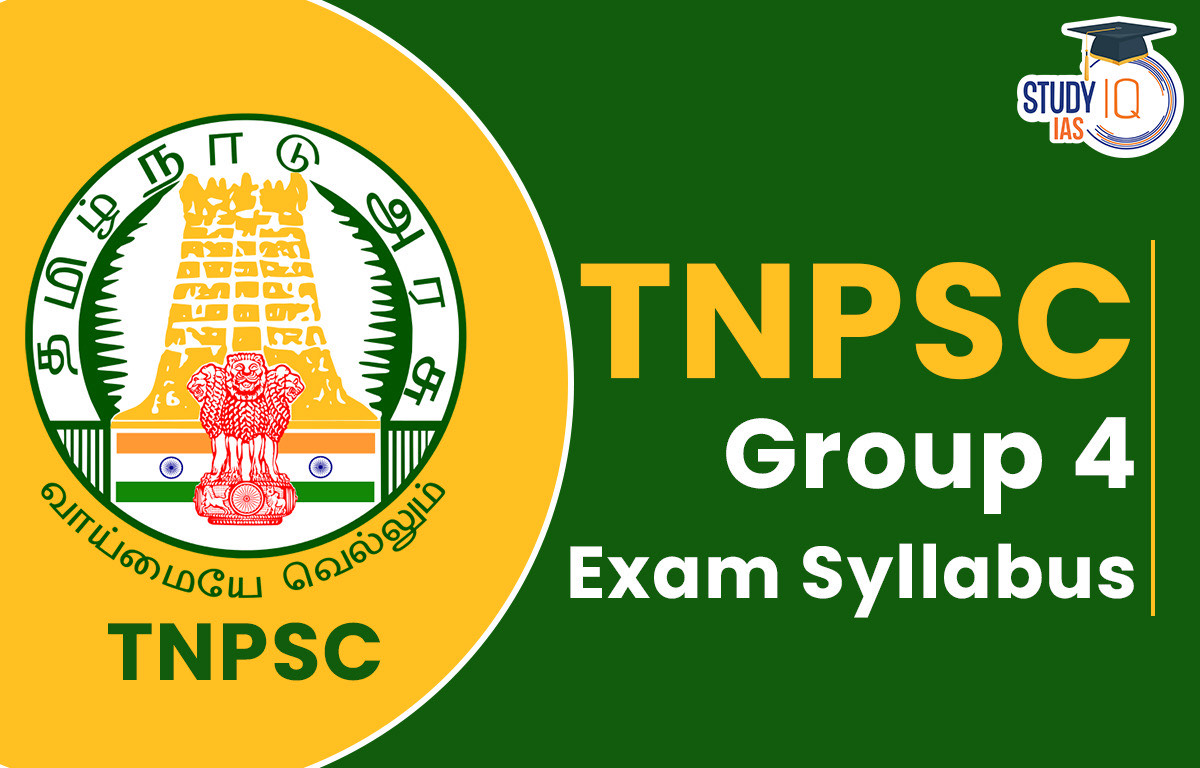
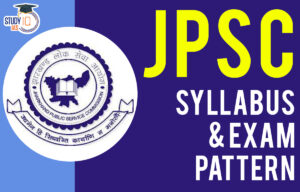 JPSC Syllabus 2026, Download Prelims and...
JPSC Syllabus 2026, Download Prelims and...
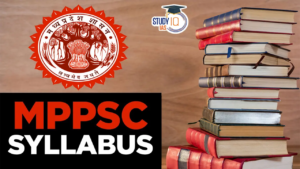 MPPSC Syllabus 2026, Check Prelims and M...
MPPSC Syllabus 2026, Check Prelims and M...
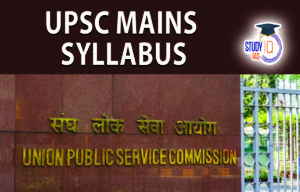 UPSC Mains Syllabus 2026, Optional Sylla...
UPSC Mains Syllabus 2026, Optional Sylla...
